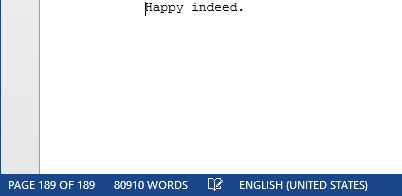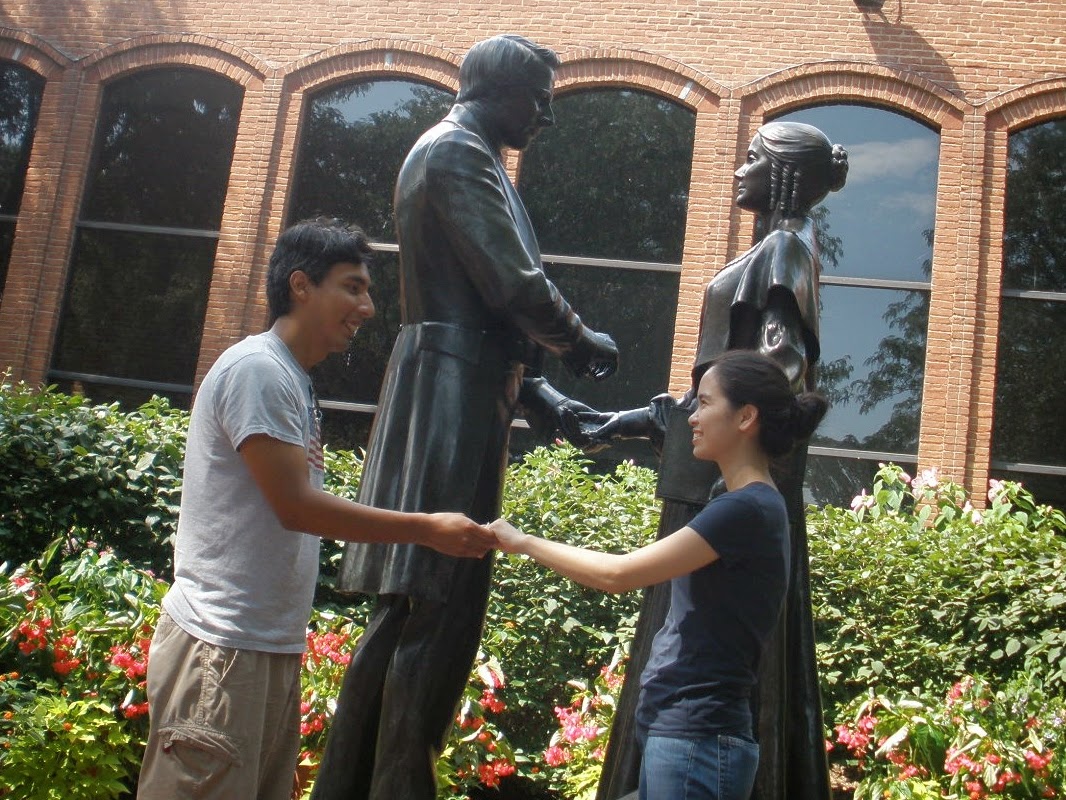Last week, after finishing my NaNoWriMo novel, I decided to
celebrate by reading a book. I’m a
little bit behind on my goal of reading 1 book a week, but I’d decided to focus
on finishing writing first. I’d had the
Winner’s Curse on my reading list for a few months, so I picked that up and
started to read.
Here’s what I love about reading. It wakes up my imagination. I see how other writers do it and I think, “Oh
yeah! This is why I decided to become a
writer!” Even if it has nothing to do
with what I’m working on, it always gives me new ideas and makes me want to
write more. For those who don’t believe
that writing and reading go hand in hand, I’ve got to say: it does for me.
After I finished (Which, by the way, I hate
cliffhangers! Especially when the next
book isn’t out yet.) I started thinking about my next project. Last year, I was working on my second
revision of The King’s Councilor, after getting it torn apart by some awesome
betas. I’d spent a lot of time trying to
figure out how to get the beginning more exciting. One of the chief complaints was that it was repetitive,
and believe me, that’s not what I want in my writing. I sat down with one of my good online friends
and brainstormed.
 |
| Back to the drawing board |
I wrote the first eight chapters and had her reread it for
me. Before I could keep going, NaNoWriMo
came, and I wanted to start a new one for the occasion.
I was also a little stuck.
Now that the first eight chapters had changed so drastically, I wasn’t
sure that I liked the direction the rest of the book was taking, so I’d
probably been using NaNoWriMo as an excuse to procrastinate figuring out the
rest of the novel.
But last week, after reading the Winner’s Curse, the ideas
started pouring. They had nothing to do
with the book, but the creativity caused by reading was enough to get the
juices flowing. Saturday, I deep cleaned
the house. I needed something to do
while the people in my head talked to me.
I’ve learned that when they talk, I’d better stop and listen.
The longer they talked, the more I realized that they knew
what needed to happen in their story. I
know it sounds crazy, but when I let them take charge (not while writing, but
in planning) I always come up with a better story.
This week’s been a little chaotic, but I’ve still written
about 3,000 words starting from where I left off.
Do any of you use the people in your head as a muse? Am I the only one?




